Description
On the eve of the Great War, in 1914 the Australian Federal Government sponsored the British Association for the Advancement of Science (BAAS) to travel to Australia for their annual conference. Over 150 scientists were fully funded by the Australian Commonwealth government and they travelled on three ships especially commanded for this purpose.
Across five major cities, public talks, demonstrations and excursions familiarised the visiting scientists with Australian natural and hard sciences, geology, botany as well as anthropology. In terms of anthropology, the congress presented a unique opportunity to showcase Aboriginal and Torres Strait Islander culture. The Association, deeply impressed by this, urged the Federal Government to support a chair in anthropology to be based at an Australian university.
Other outcomes included the Association’s recommendations to establish a Commonwealth Scientific Institute (later CSIRO) and to develop a national telescope at Mt Stromlo. Although these were delayed by the outbreak of WWI, it is clear that this Trip to the Dominions was no mere singular event, but rather left a legacy we are still beneficiaries of today.
About the Contributors
Professor Ian J. McNiven is Head of Indigenous Archaeology in Monash Indigenous Studies Centre, Monash University, Melbourne, and a Chief Investigator in the Australian Research Council Centre for Excellence for Australian Biodiversity and Heritage. His collaborative, community-based research focuses on understanding the long-term development of Australian Indigenous maritime societies and the archaeology of seascapes and ritual and spiritual relationships with the sea. He is an elected Fellow of the Royal Anthropological Institute (UK) and the Australian Academy of the Humanities.
Dr Christopher Morton is Head of Curatorial, Research and Teaching, Pitt Rivers Museum, Oxford University. He originally trained in history and social and cultural anthropology, and conducted his doctoral research in northern Botswana in 1999-2000. His recent research focuses on the relationship between photography and anthropology, photographic collections and histories in Africa, and the return of collections of photographs to indigenous communities in Africa and Australia.
Professor Jane Lydon is the Wesfarmers Chair of Australian History at The University of Western Australia. She is an award winning author interested in how visual culture has shaped understandings of race, identity and culture. Her recent books include The Flash of Recognition: Photography and the emergence of Indigenous rights, which won the 2013 Queensland Literary Awards’ USQ History Book Award, and Photography, Humanitarianism, Empire and, Visualising Human Rights 2018.
Dr Leigh Boucher is Senior lecturer in history in the Department of Modern History, Politics and International Relations Macquarie University. His research centres on the construction and representation of difference in liberal democratic political and popular cultures. He has an interest in the history of anthropological thought as it developed in settler colonies, such as Australia.
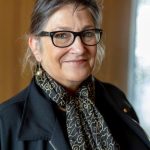 Professor Lynette Russell AM is an Australian Research Council Laureate Professor at Monash University, in Melbourne. She is an anthropological historian specialising in Australian Aboriginal societies. She is the author of many books, most recently she was co-author on the award-wining Australia’s First Naturalists: Indigenous Peoples’ Contribution to Early Zoology.
Professor Lynette Russell AM is an Australian Research Council Laureate Professor at Monash University, in Melbourne. She is an anthropological historian specialising in Australian Aboriginal societies. She is the author of many books, most recently she was co-author on the award-wining Australia’s First Naturalists: Indigenous Peoples’ Contribution to Early Zoology.
| ISBN: | 9781922464002 |
|---|---|
| Format: | Paperback |
Monash University Publishing
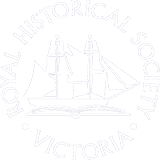
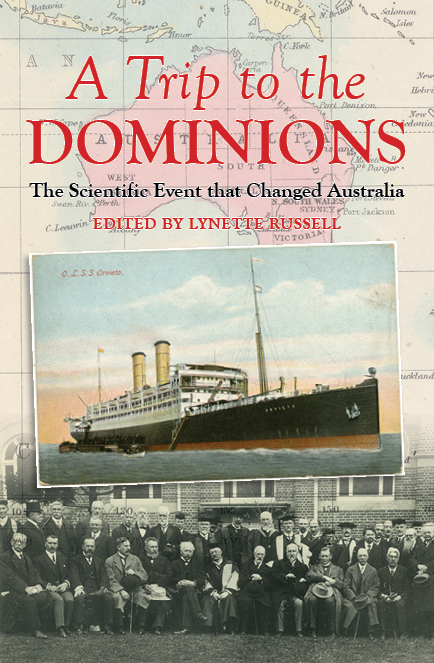



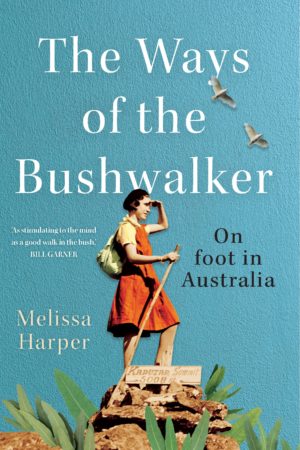
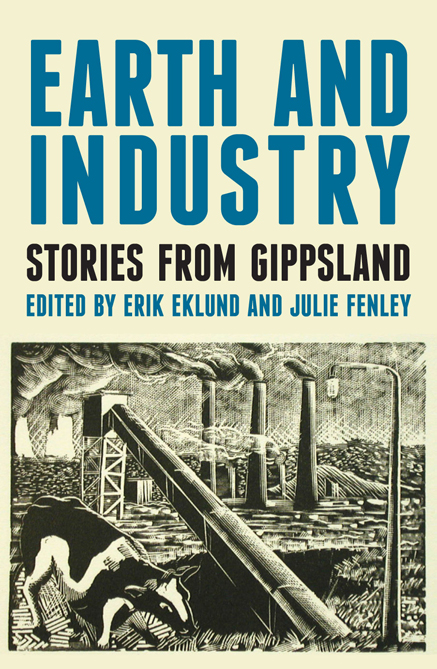



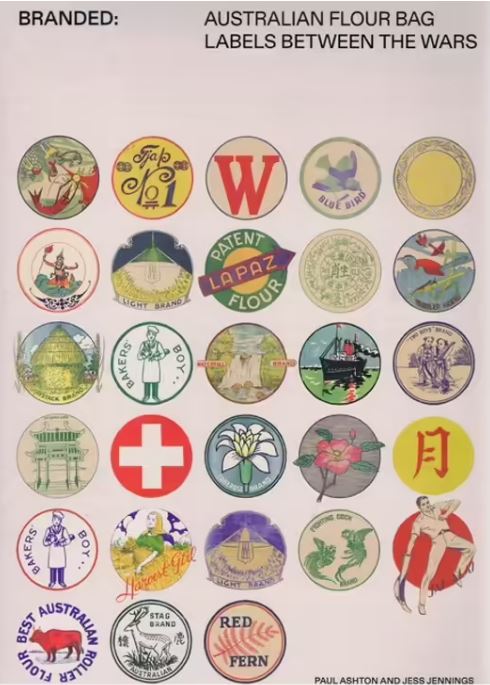
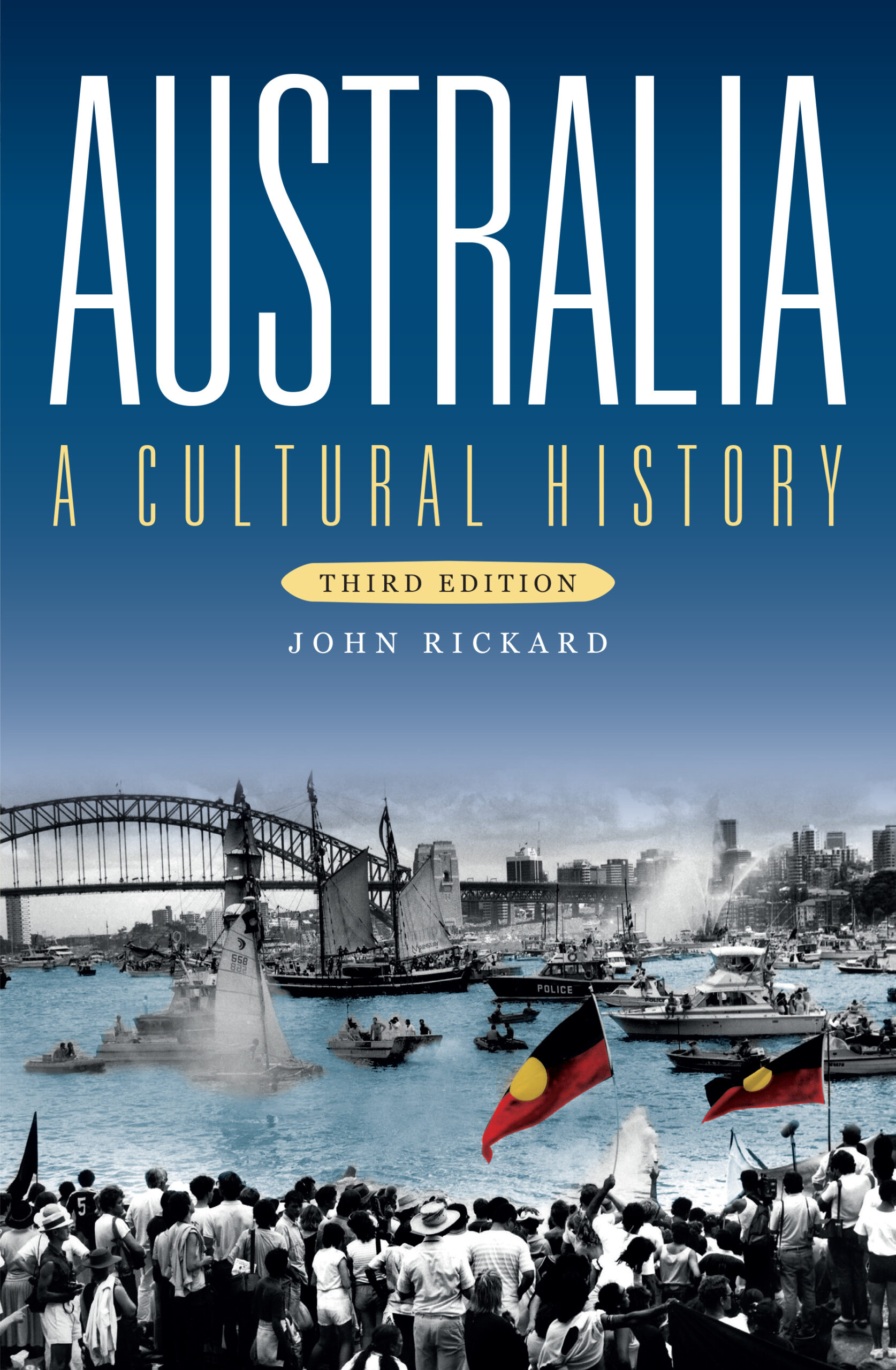
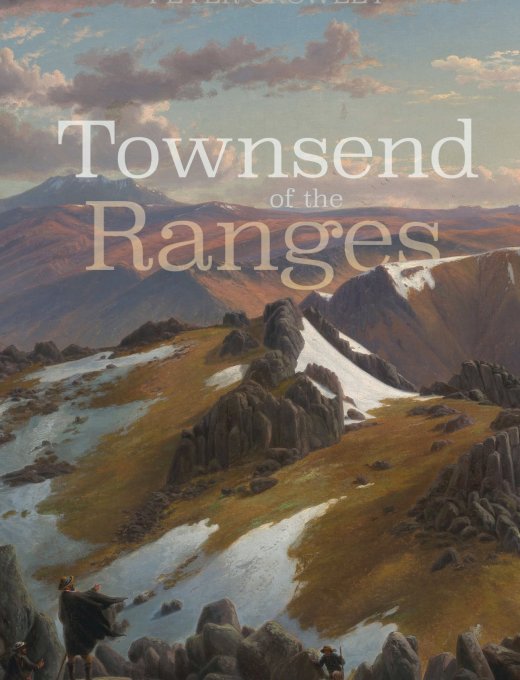

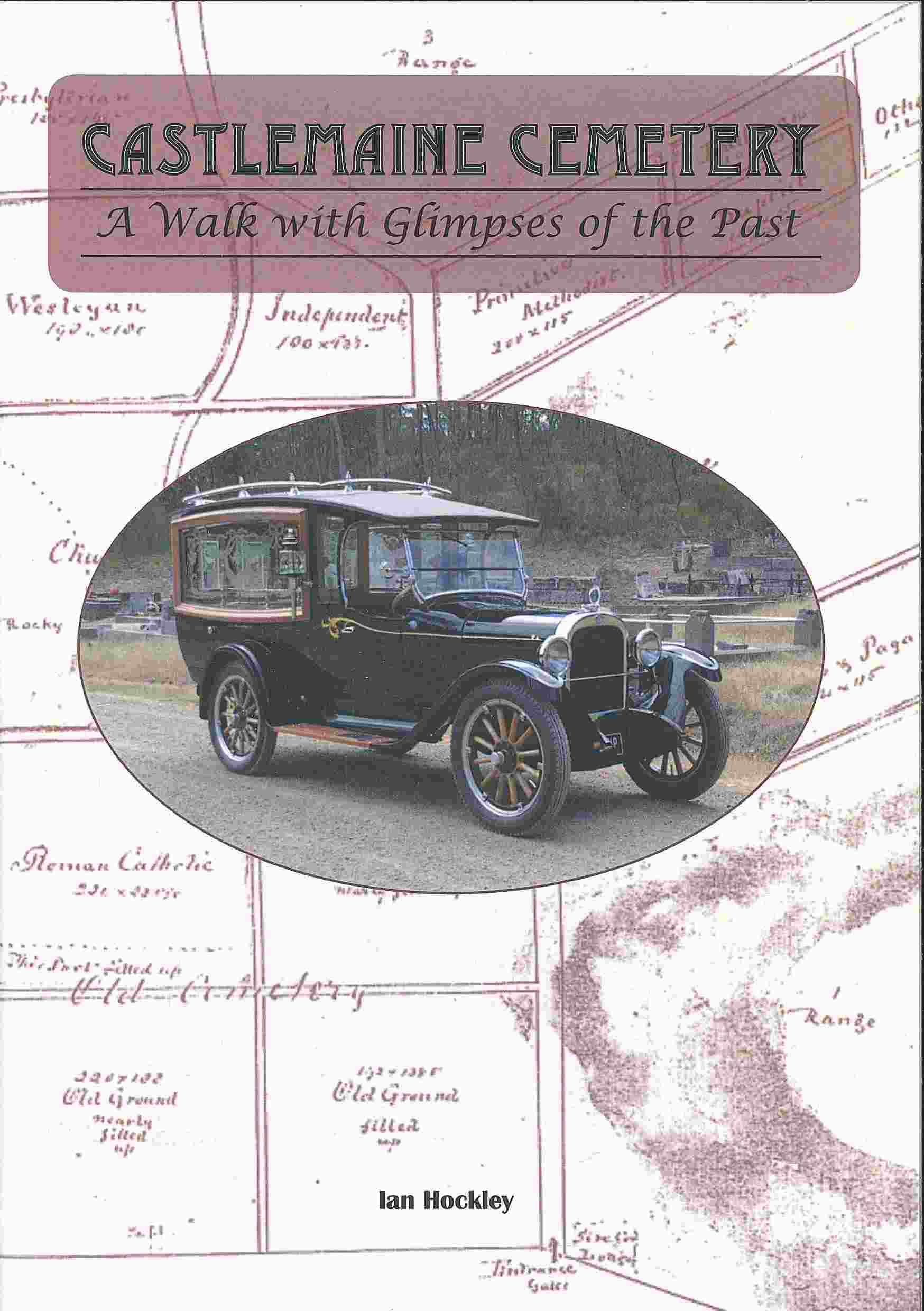

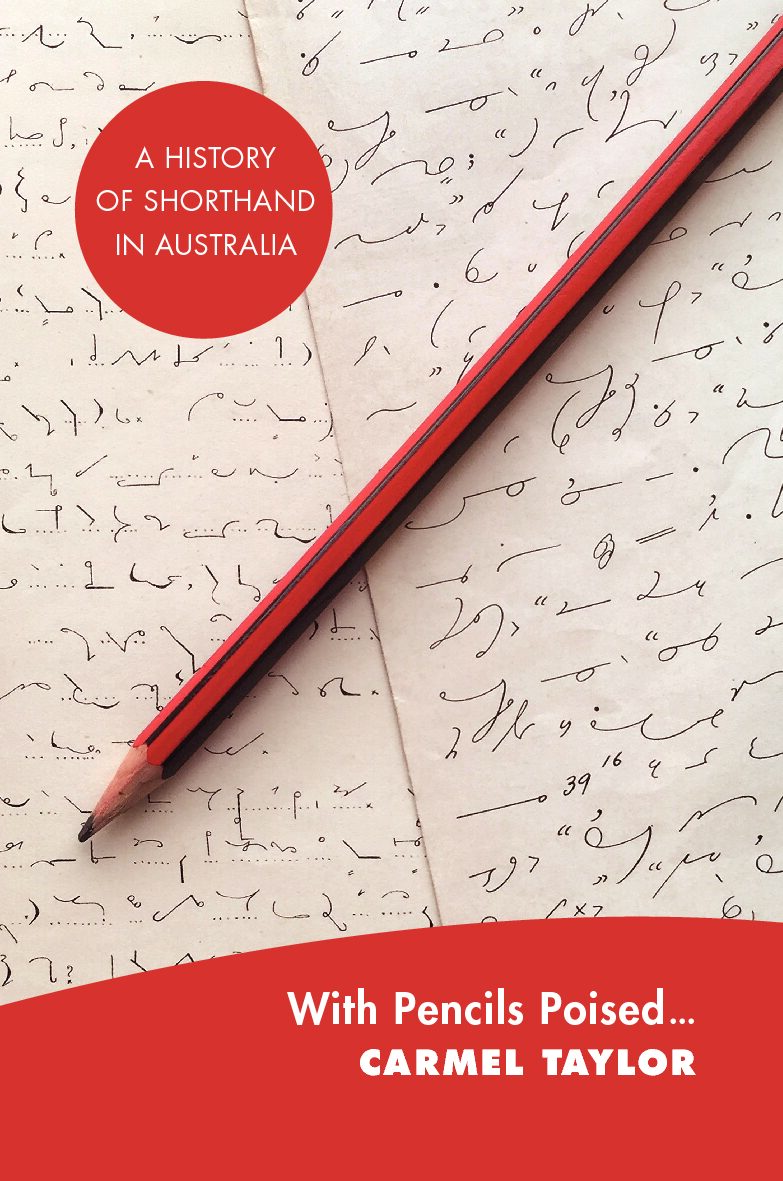
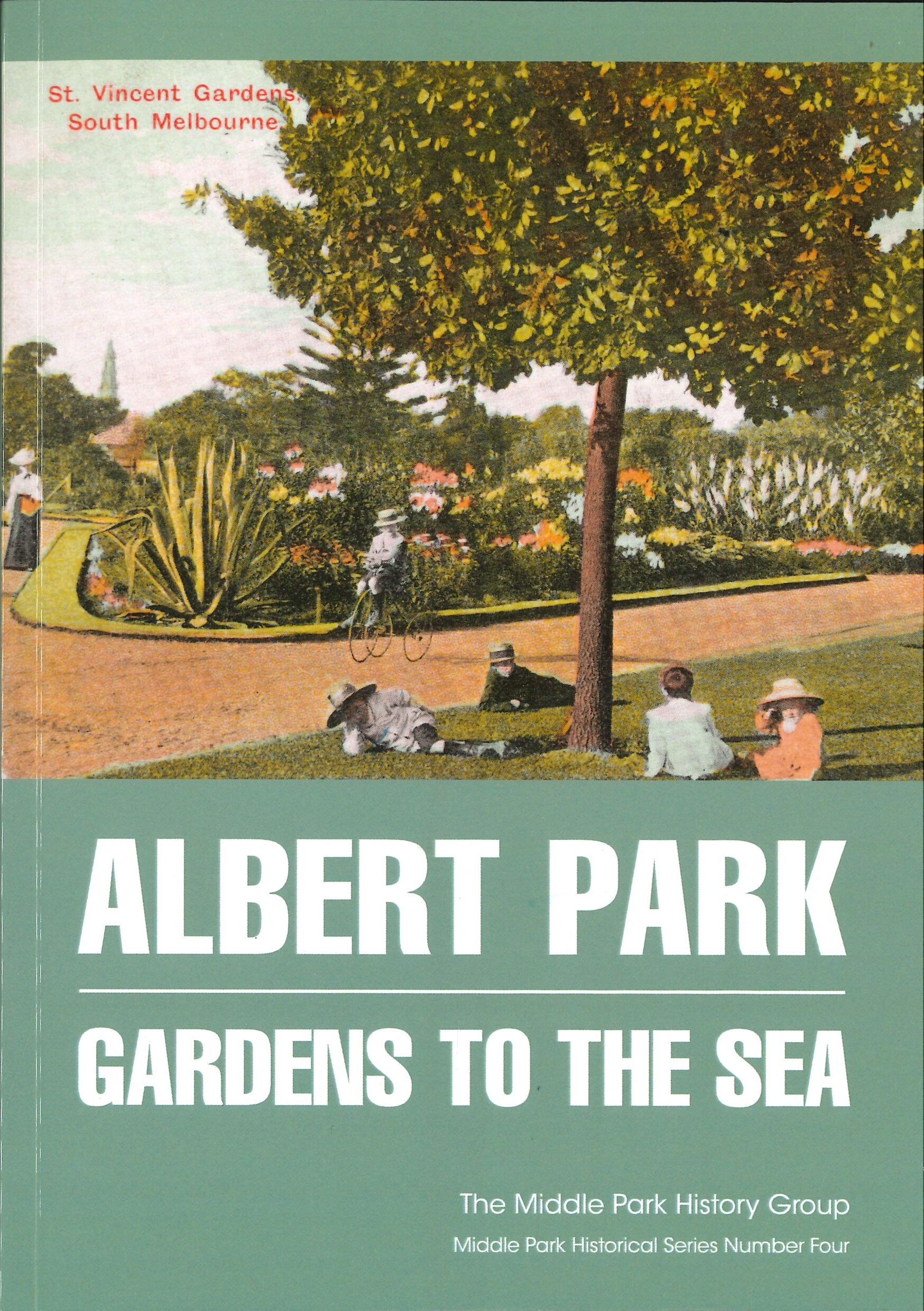

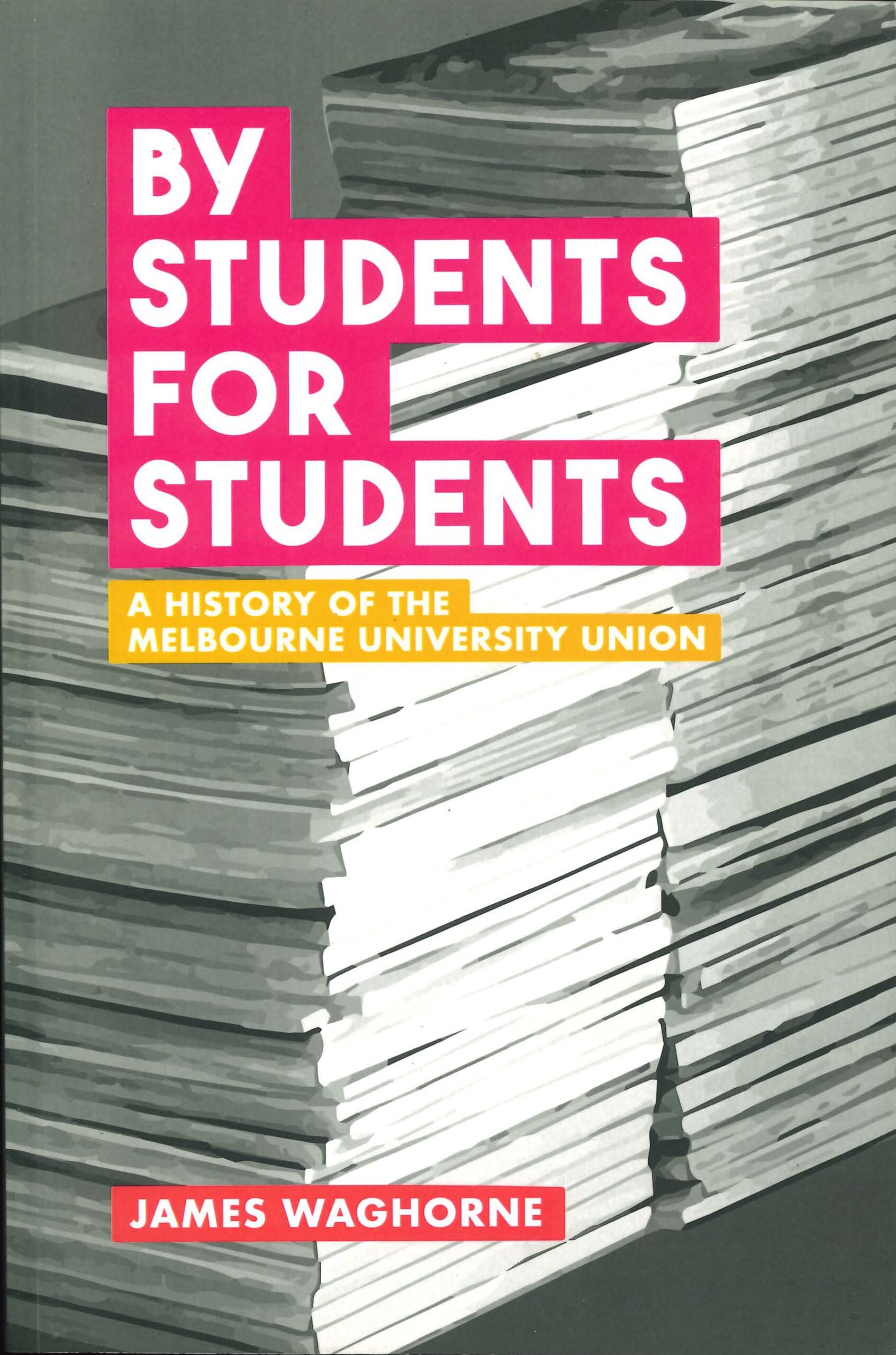



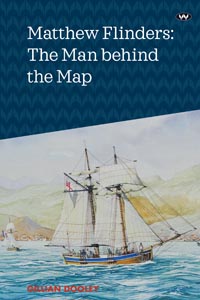
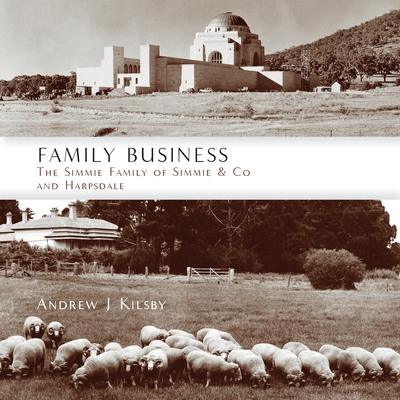
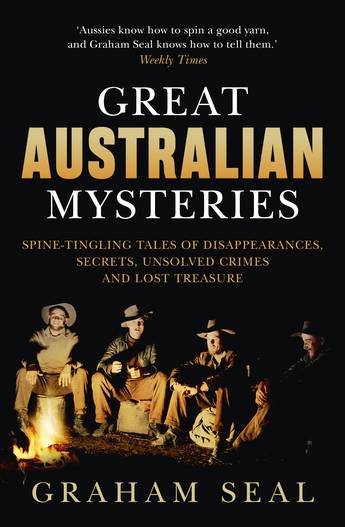
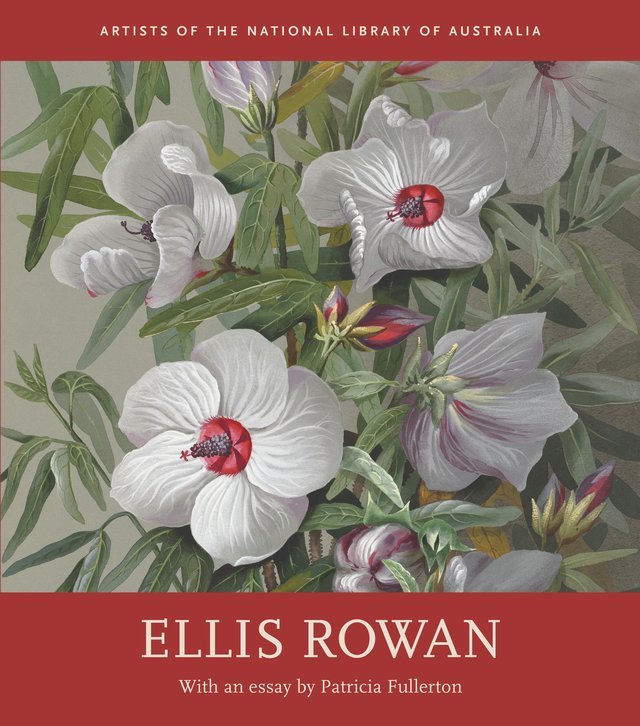

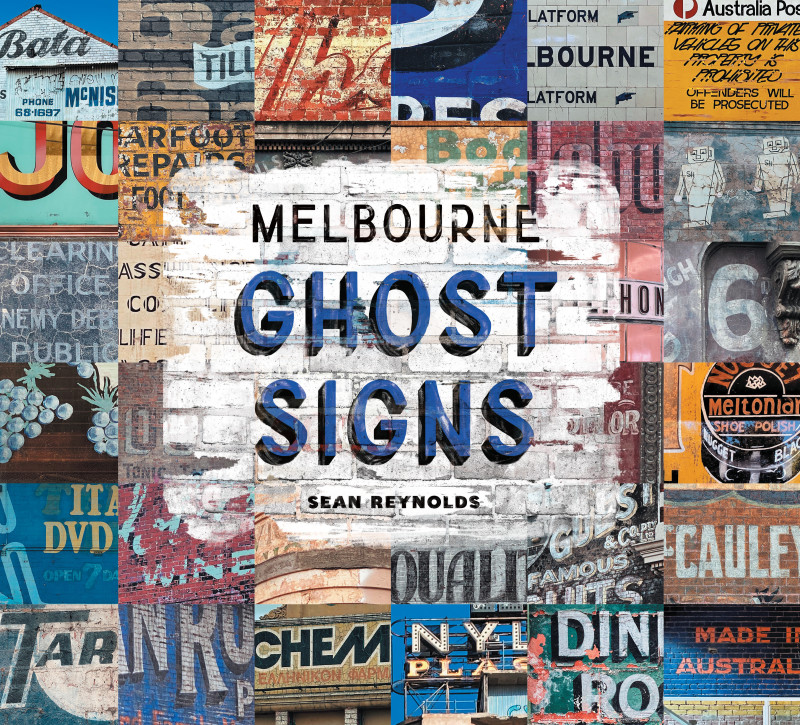

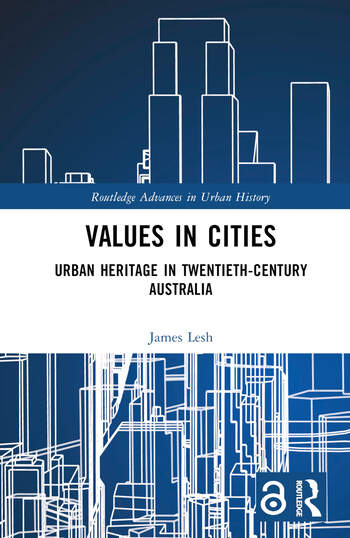
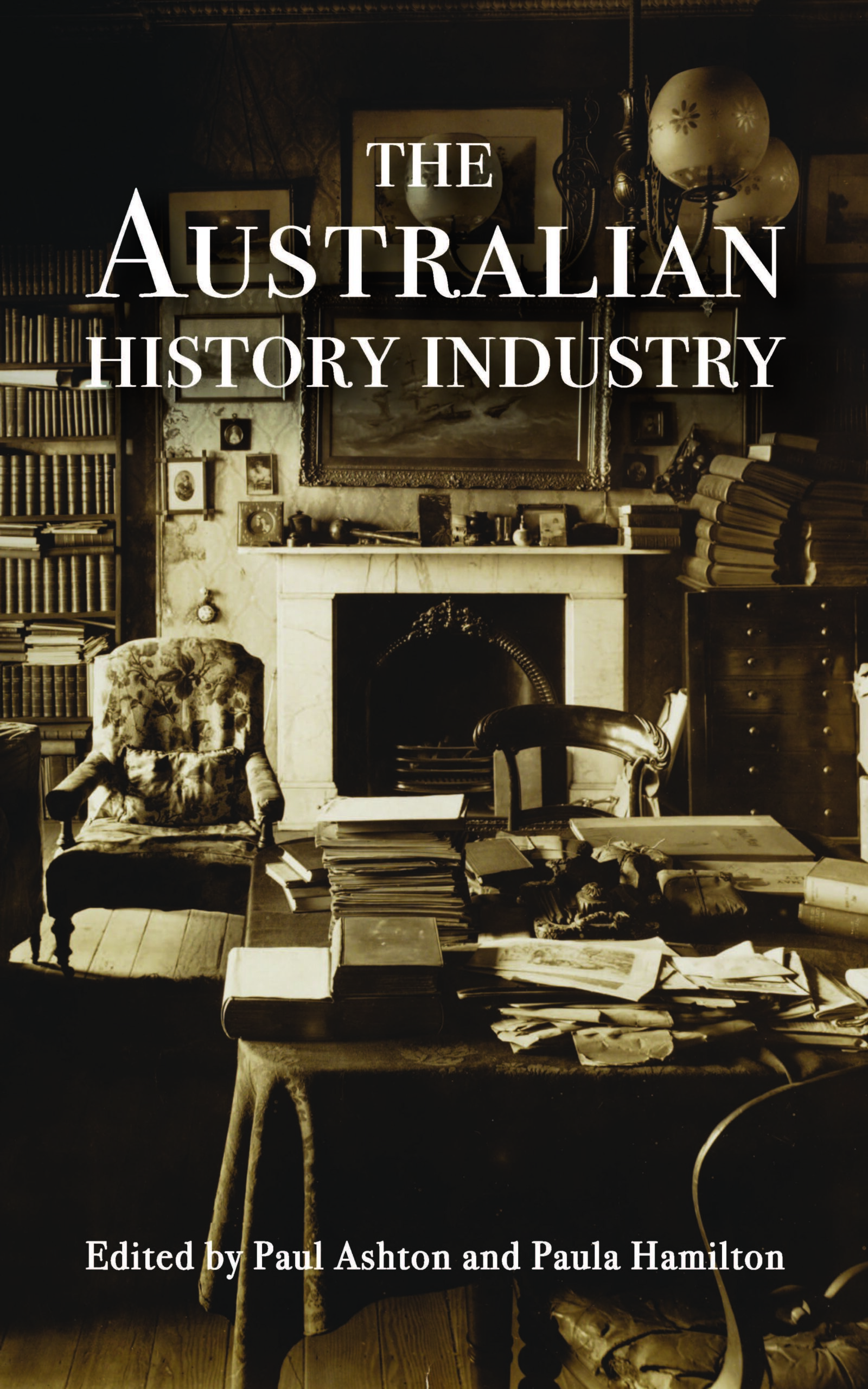
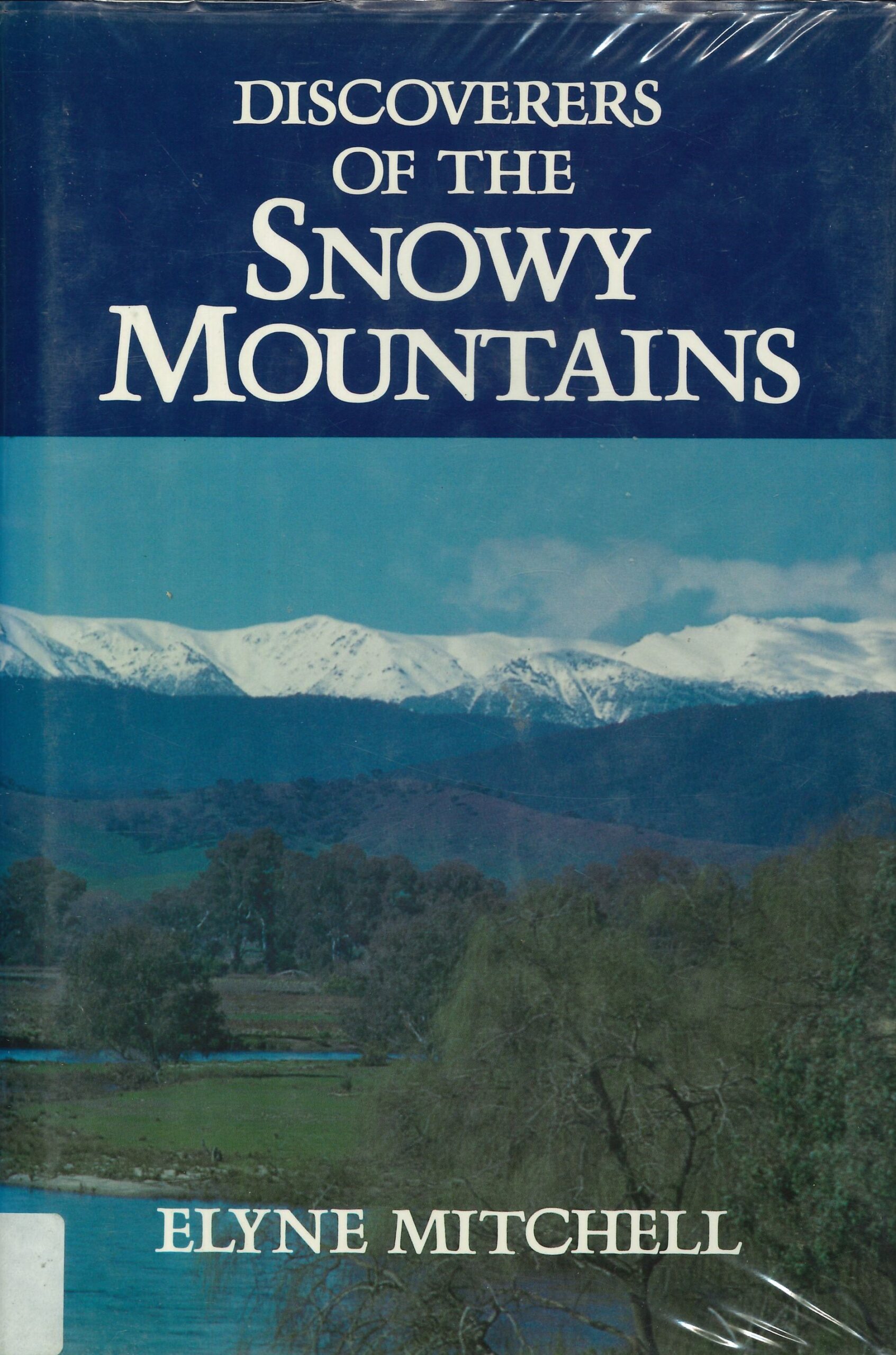
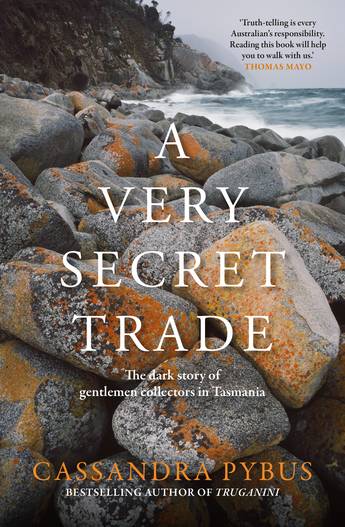
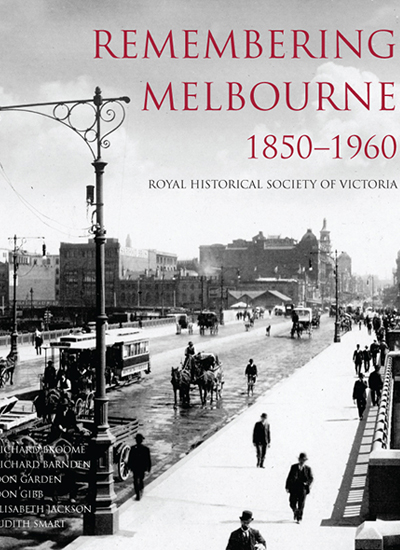
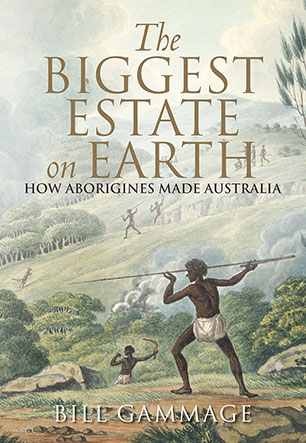
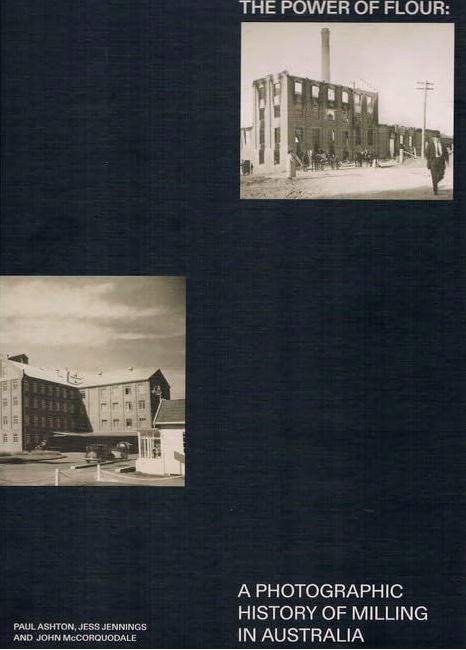
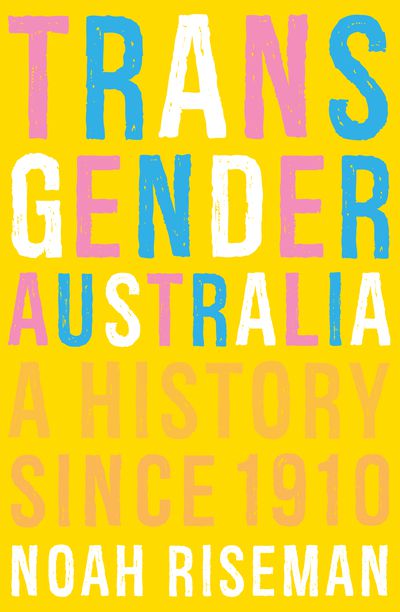







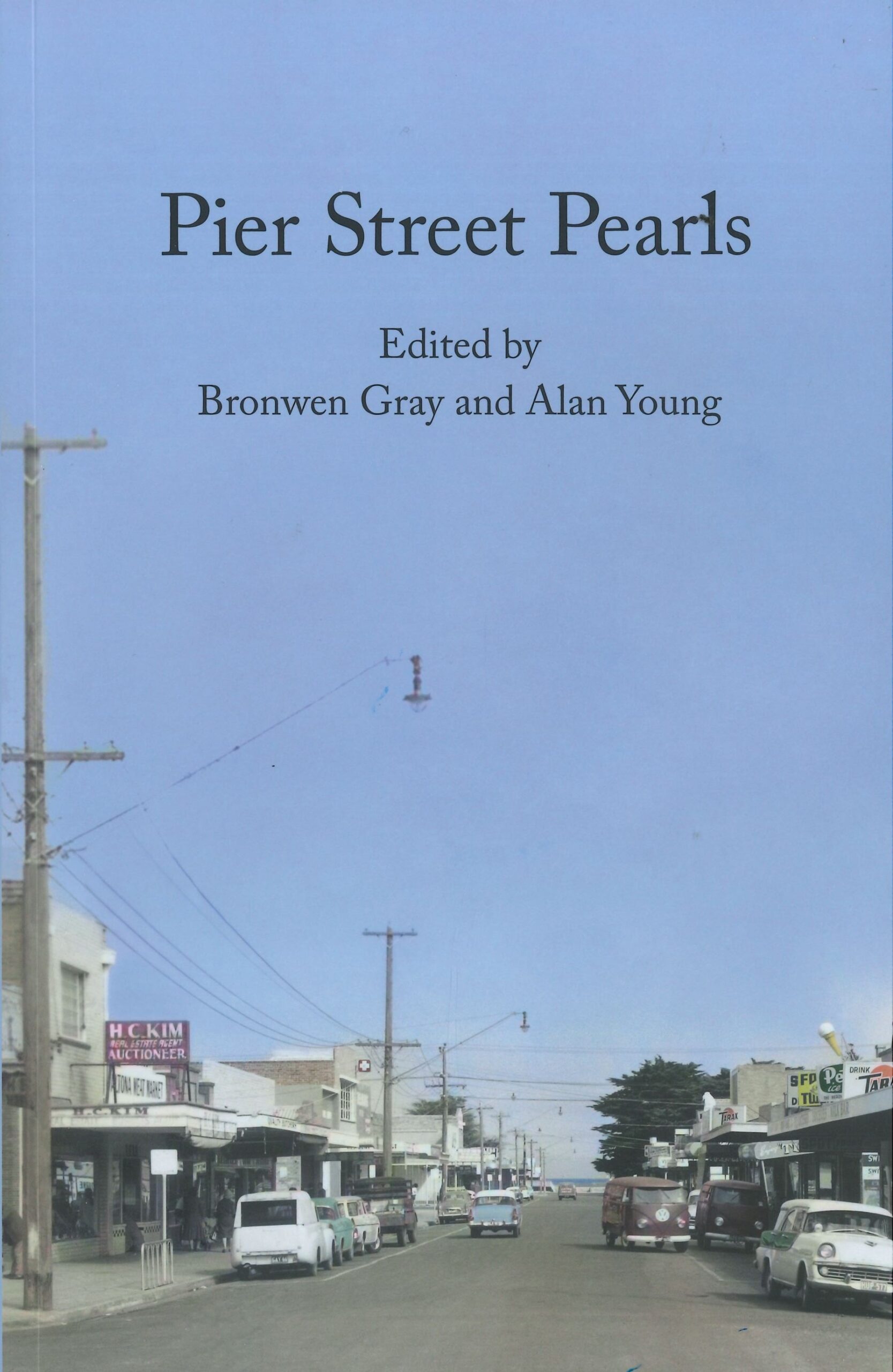
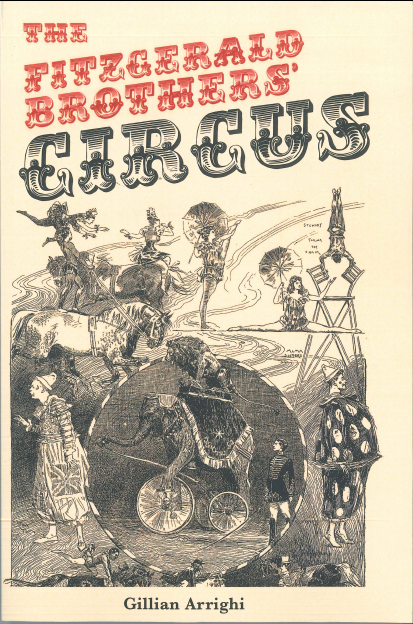


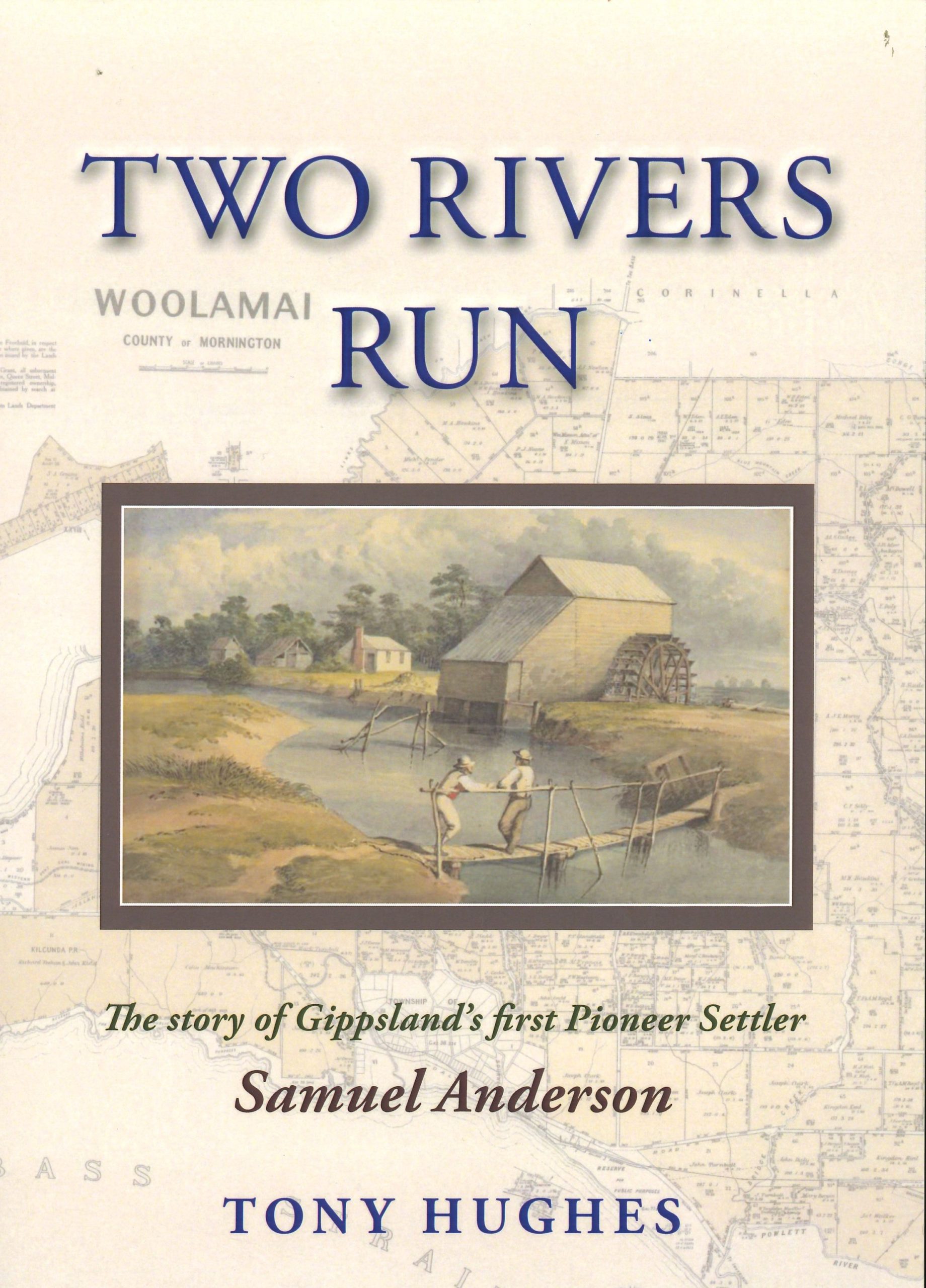
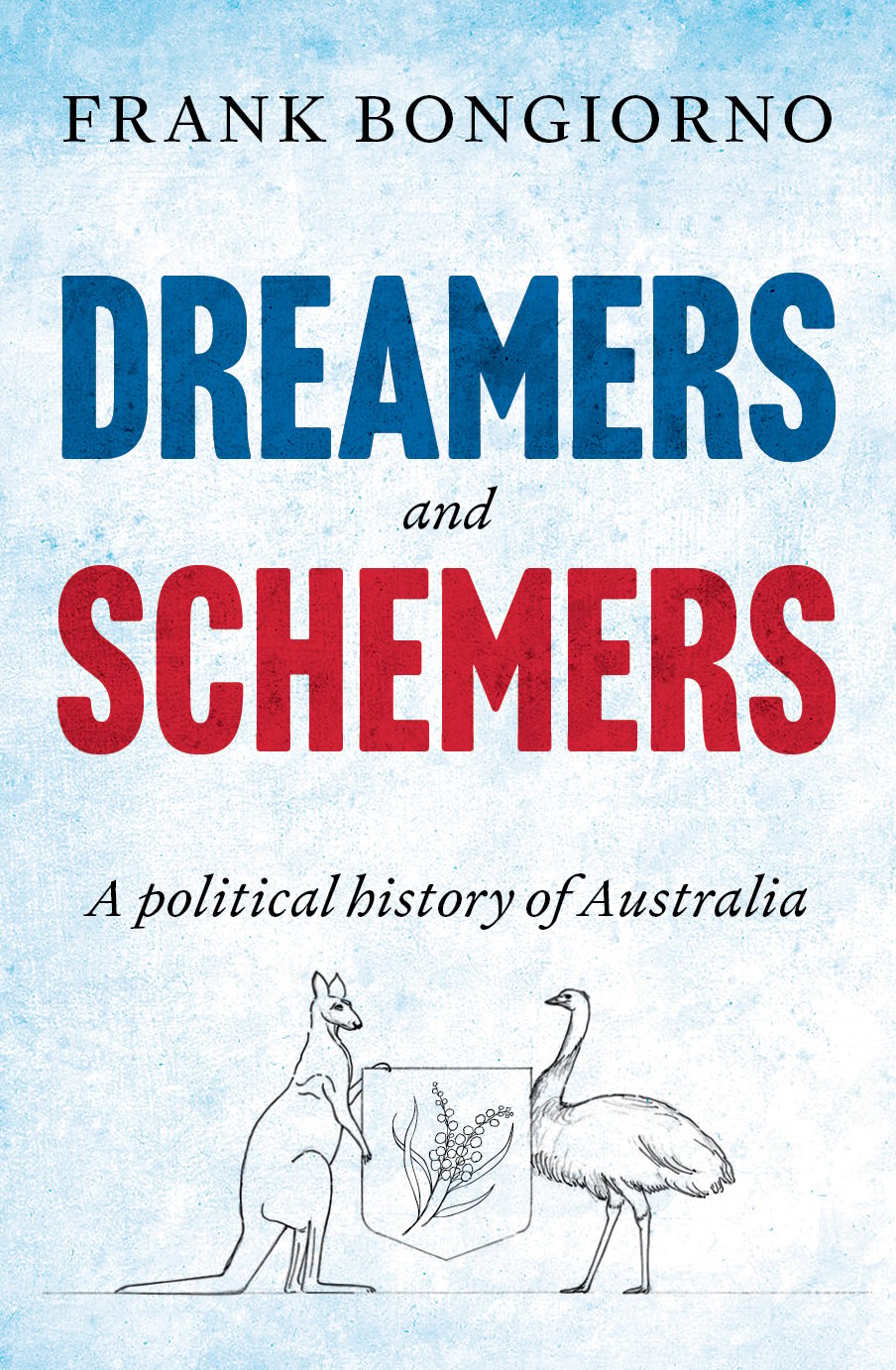

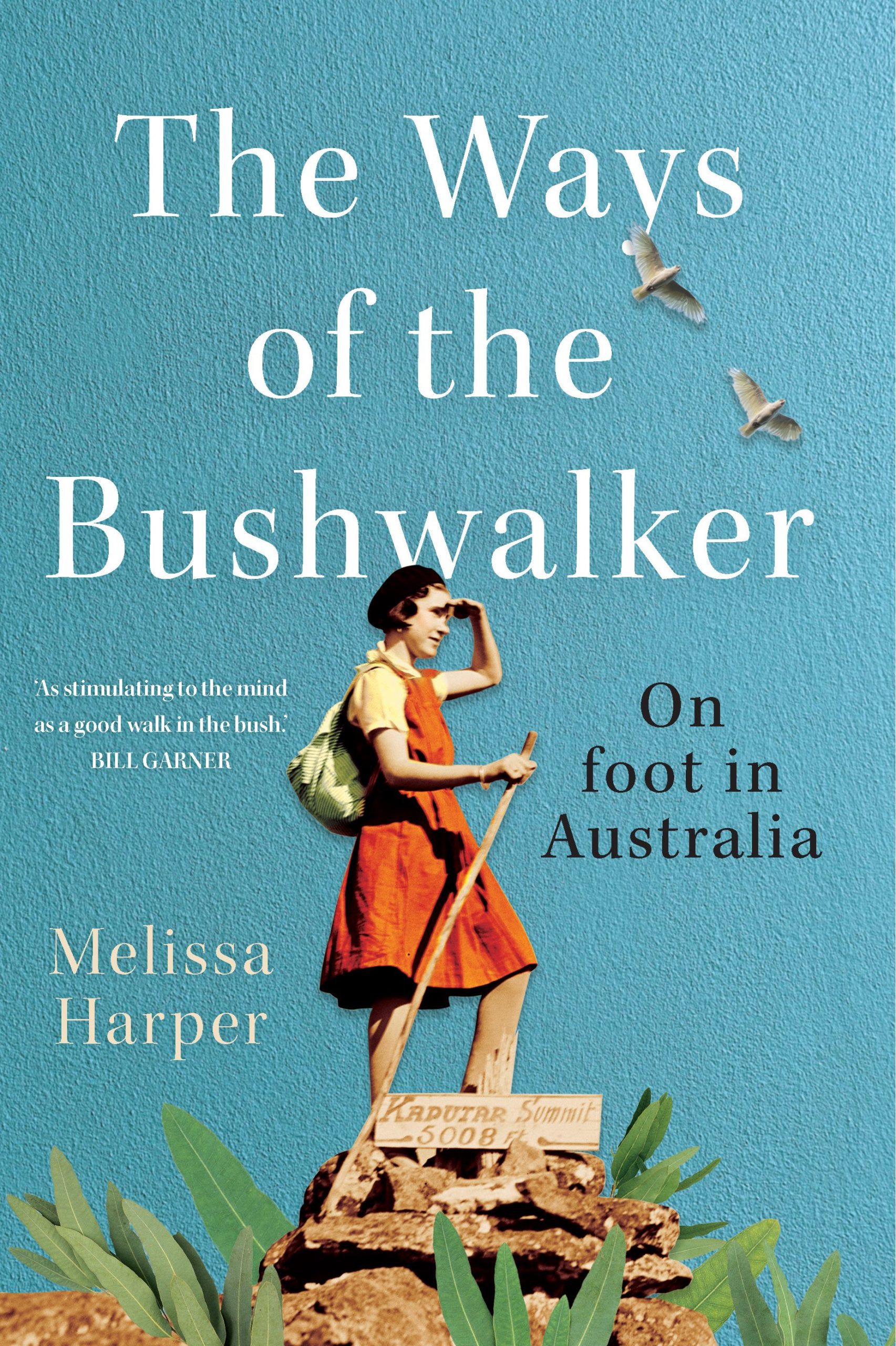
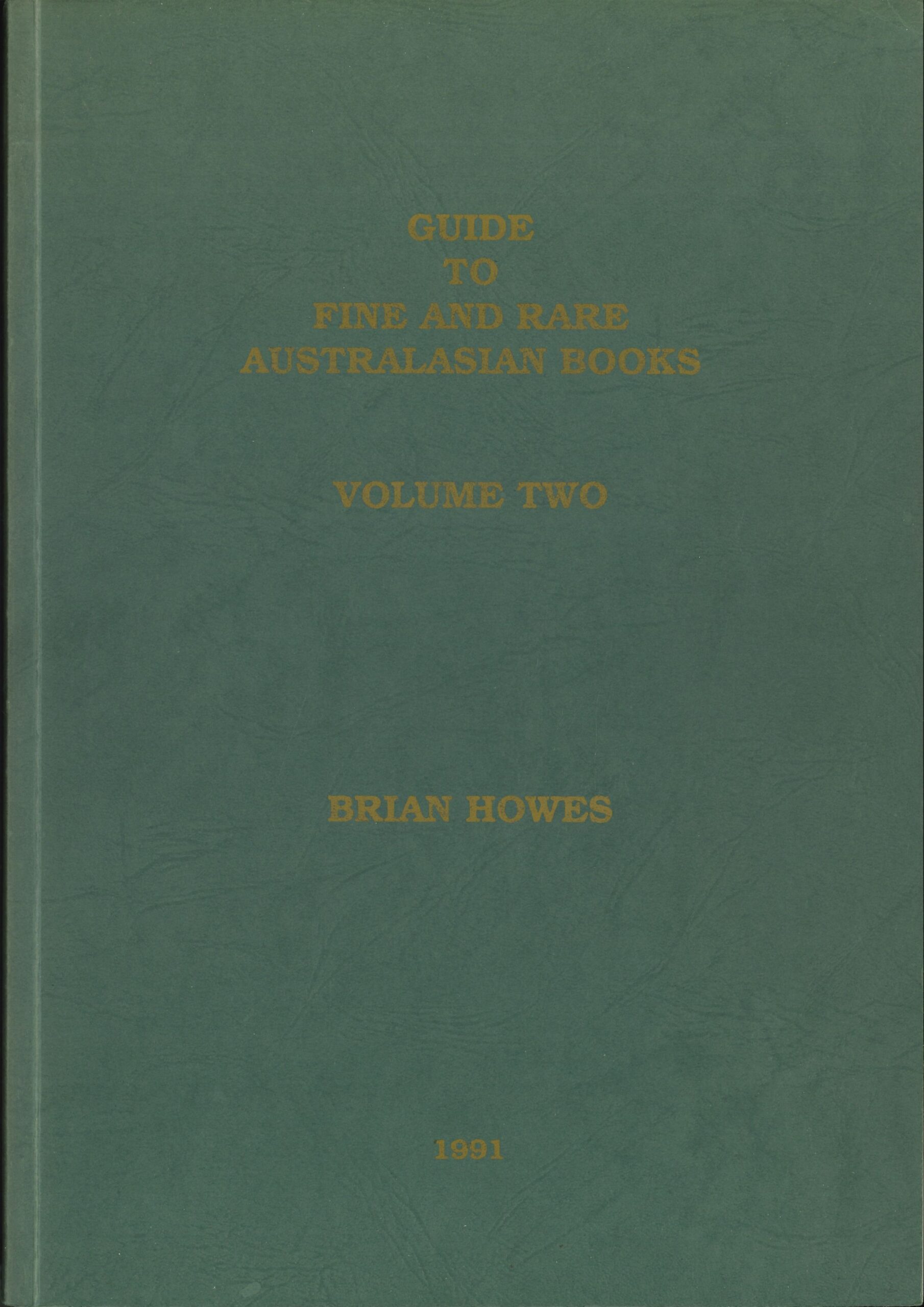
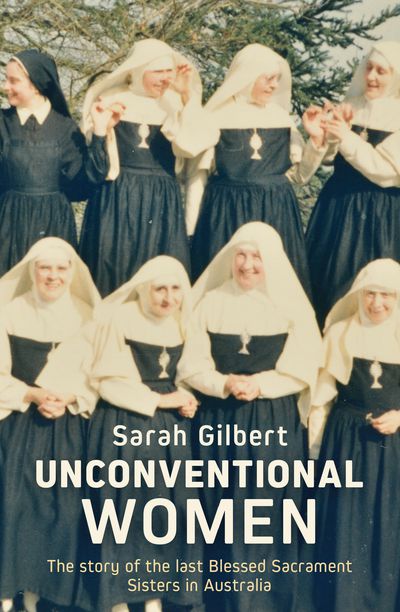
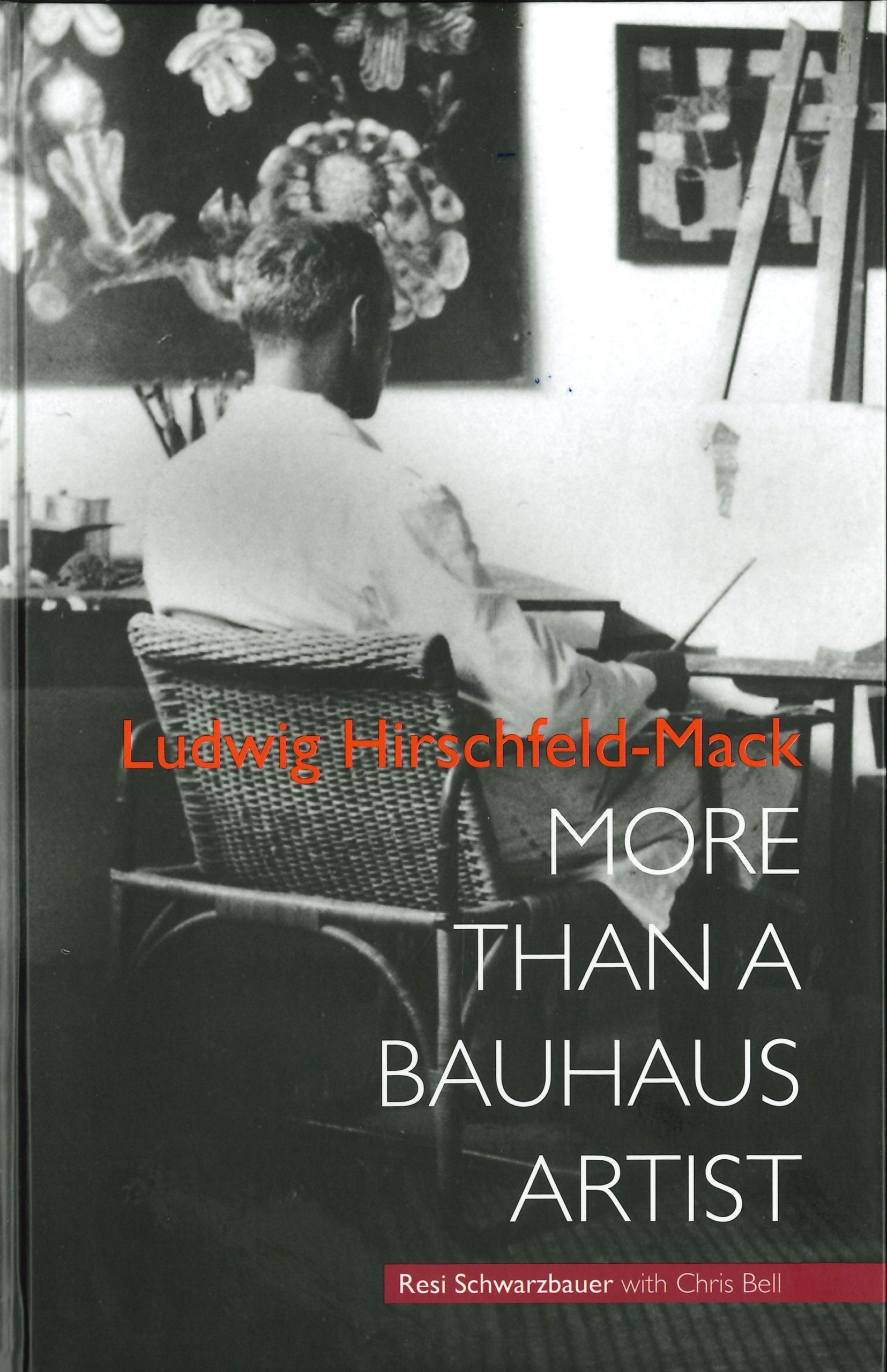
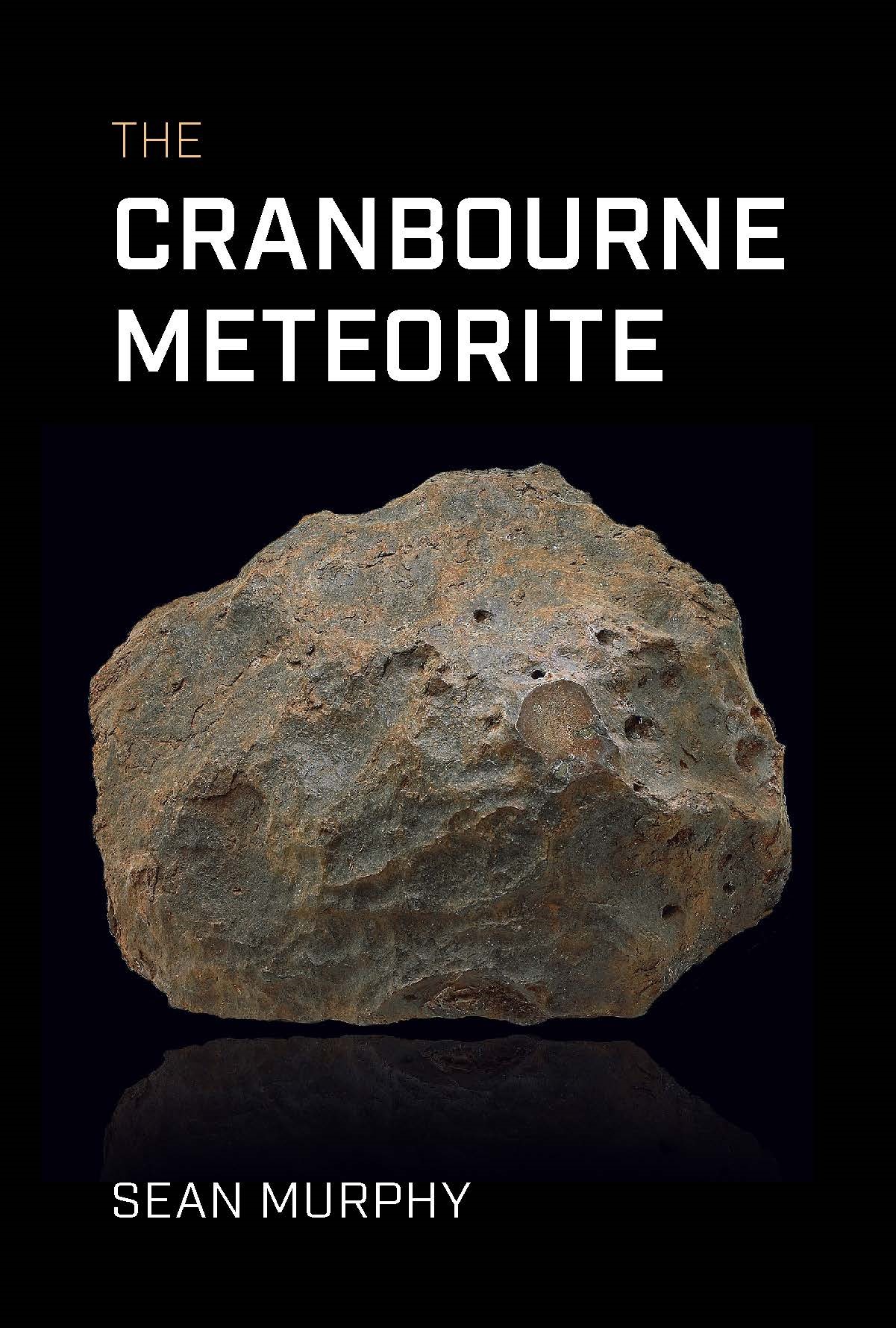




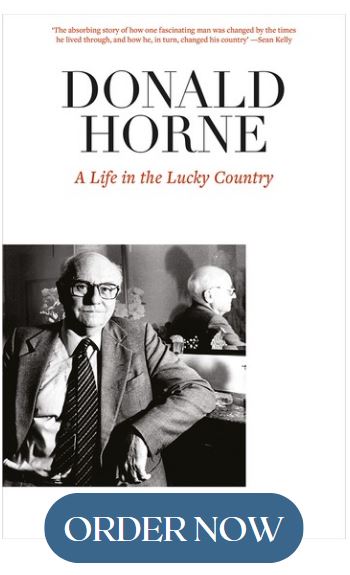



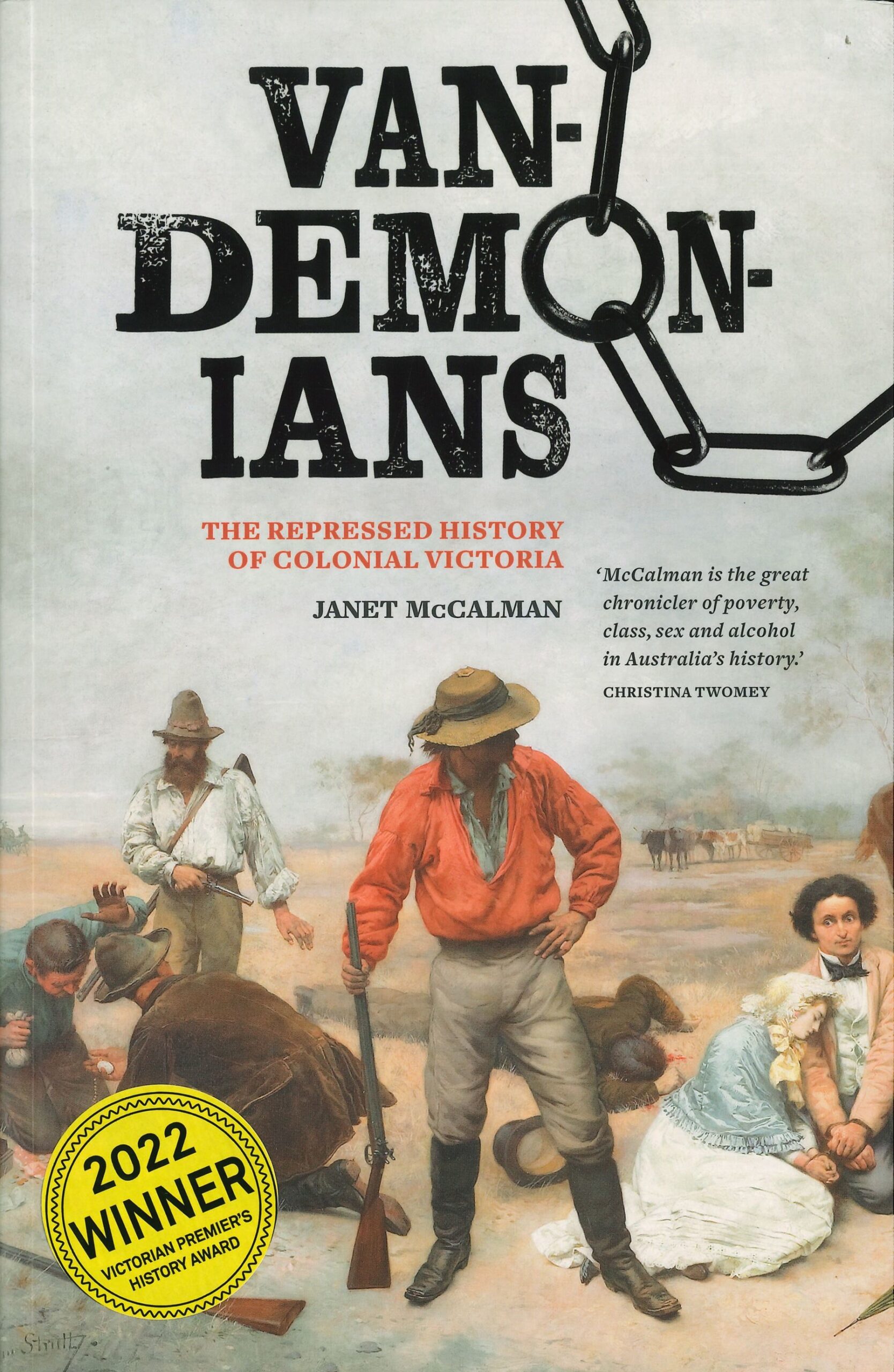
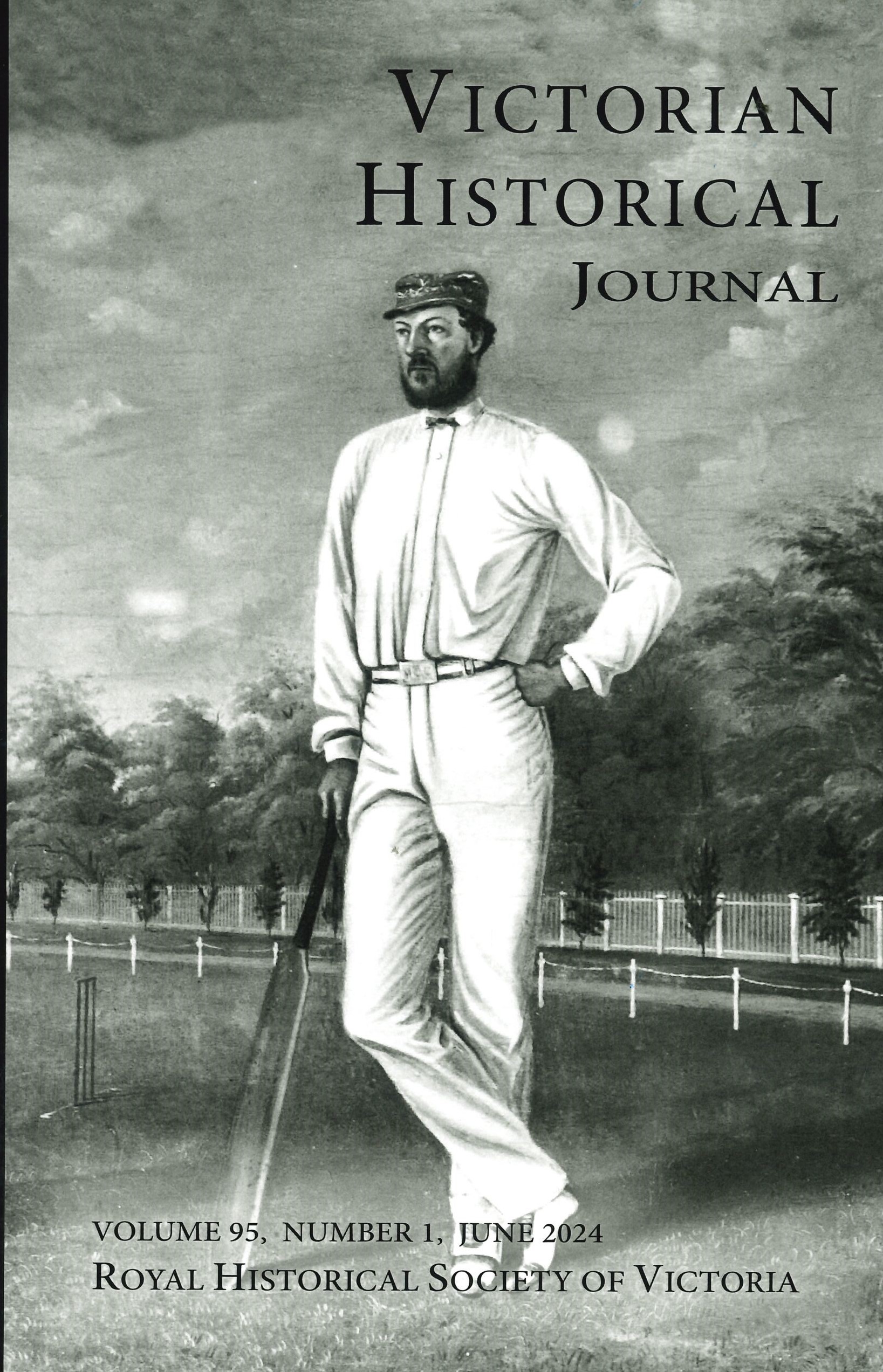


 239 A'Beckett Street Melbourne, Victoria, 3000
239 A'Beckett Street Melbourne, Victoria, 3000  03 9326 9288
03 9326 9288  office@historyvictoria.org.au
office@historyvictoria.org.au  Office & Library: Weekdays 9am-5pm
Office & Library: Weekdays 9am-5pm


Book Reviews Reviews
There are no reviews yet.